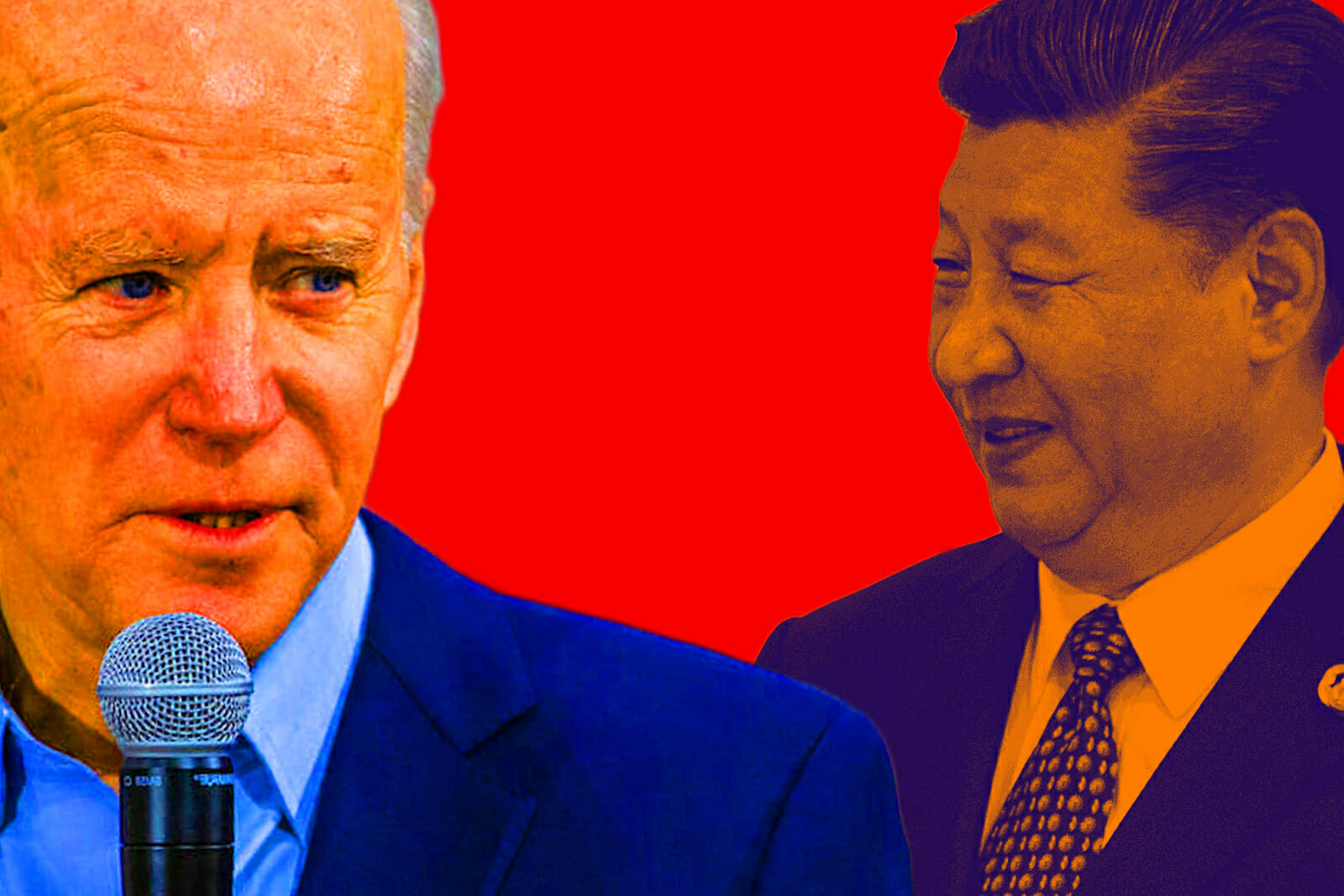
Biden Has to Convince the EU to Finally Take a Stance On China
While the United States was busy sorting out its post-election drama, China was forging ties with the European Union.
As tension built in Washington D.C. leading up to the Electoral College vote count and the ensuing riots, China’s communist regime quietly signed a new investment deal with the EU. The move left many in the U.S. government “perplexed and stunned,” as then-Deputy National Security Advisor Matt Pottinger put it. Pottinger displayed outrage over the EU’s decision to sign off on the deal just shortly before the inauguration of a new president, declaring: “There is nowhere for bureaucrats in Brussels or Europe to hide.”
Now that Biden’s seat in the Oval Office is secured, his administration must turn to the task at hand. To confront China as a threat, it’s vital for Western nations to unify their approach. Biden must convince EU leaders to align Europe with the U.S. in such a coalition. He has the potential to bring the U.S. and EU closer together to create a joint free trade area and deepen security cooperation to confront China.
Why should the EU play an essential role in U.S. strategy against China? It’s simple: The Red Giant sees Europe as a battleground for seizing influence. While the U.S. and the UK have cracked down on Chinese involvement in the 5G-build-up, many continental European countries like Germany still leave the door open for those controversial Chinese contenders — and with them, the inevitable national security threat. A few European nations, among them Italy and Greece, have even formally joined China’s signature geostrategic influence project, the Belt and Road Initiative.
Many EU leaders have so far avoided taking a stance on China. They see a coming rivalry between the U.S. and China and think it best to stay out of it. In fact, as the investment deal demonstrates, many European leaders and their constituents seem fine with developing closer ties to the far-eastern regime.
This is no doubt due in part to the feeling in Europe that the U.S.-EU relationship is in decline. Here’s where Biden must step in to offer an alternative: a closer relationship, but under the strict condition that the EU takes a more rigid stance on China and Chinese influence.
In Europe, Biden’s presidency is viewed as an opportunity to restart transatlantic relations — a potential return to the normalcy that Uncle Joe campaigned on.
Several things can bring the U.S. and the EU closer together. First, there’s the Transatlantic Trade and Investment Partnership (TTIP), the forgotten planned free trade agreement on which talks were halted after Trump’s inauguration. While Trump pursued protectionist measures, even against his European allies, Biden can seek to heal the relationship. The new administration should resume negotiations and implement a new free trade deal to strengthen Europe’s trade relationship with the U.S.
Second, there’s NATO. Relations between the Trump administration and some European NATO members were frosty over the last few years, with Trump frequently questioning the very need for the defense alliance. Some European governments refuse to adhere to NATO defense spending standards — which is a legitimate issue. When in response to Trump’s unilateral decision to withdraw thousands of U.S. troops from Germany, some European leaders painted him as a “bully.”
With Joe Biden at the helm, European leaders will no longer be able to avoid confronting such legitimate demands. It would be pretty hard to paint Biden as a “bully” the same way it was done to Trump, given his different style and the fact that European media and politicians already praised him up and down. It means he’s in a far better position to negotiate with and persuade America’s allies in Europe.
Biden should use these partnerships to fundamentally refocus the security and trade policy of NATO and the EU to approach China as a threat rather than a partner. This should also include bonding with other Western non-NATO partners, notably Australia, to develop a joint global strategy in targeting China’s advances across the board, whether in terms of takeover attempts of crucial industries, spying, and intellectual property theft, or military confrontations over territorial claims in the Pacific. A shared diplomatic strategy for countering China in multinational institutions like the UN and coordinating responses like sanctions is also warranted. Together with the bloc of European nations, the U.S. can wield much more influence to push back against China’s weight inside these international organizations.
Because let’s face it: A new conflict between the West and China is on the horizon. And there’s no middle road approach. Biden should make that absolutely clear and press EU leaders to align themselves with the U.S. in a Western alliance against China’s imperial aspirations.

